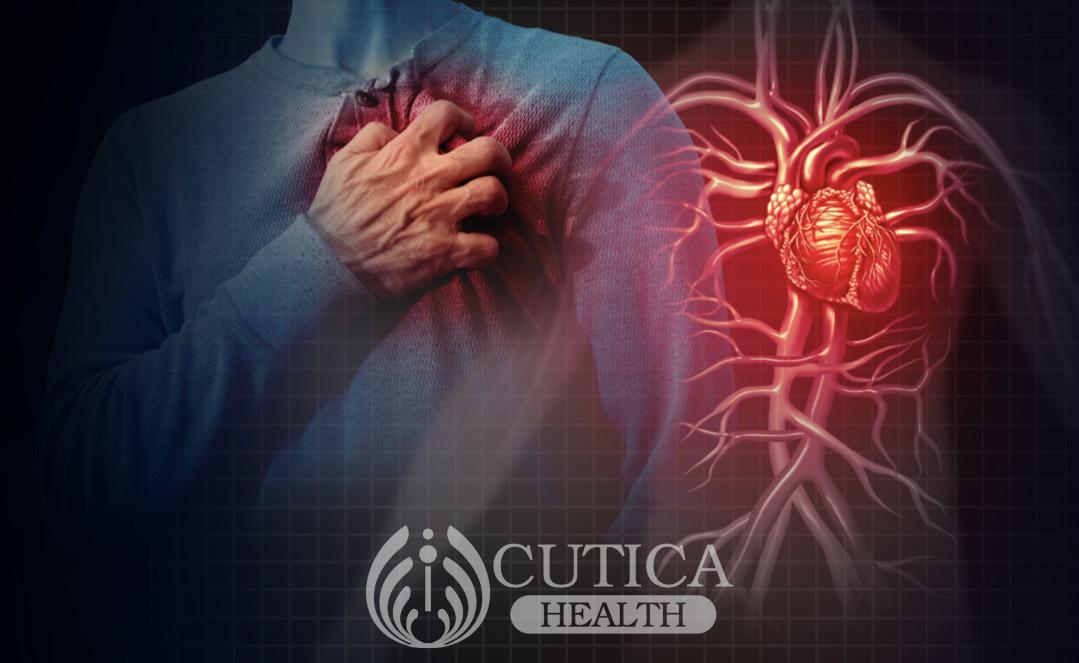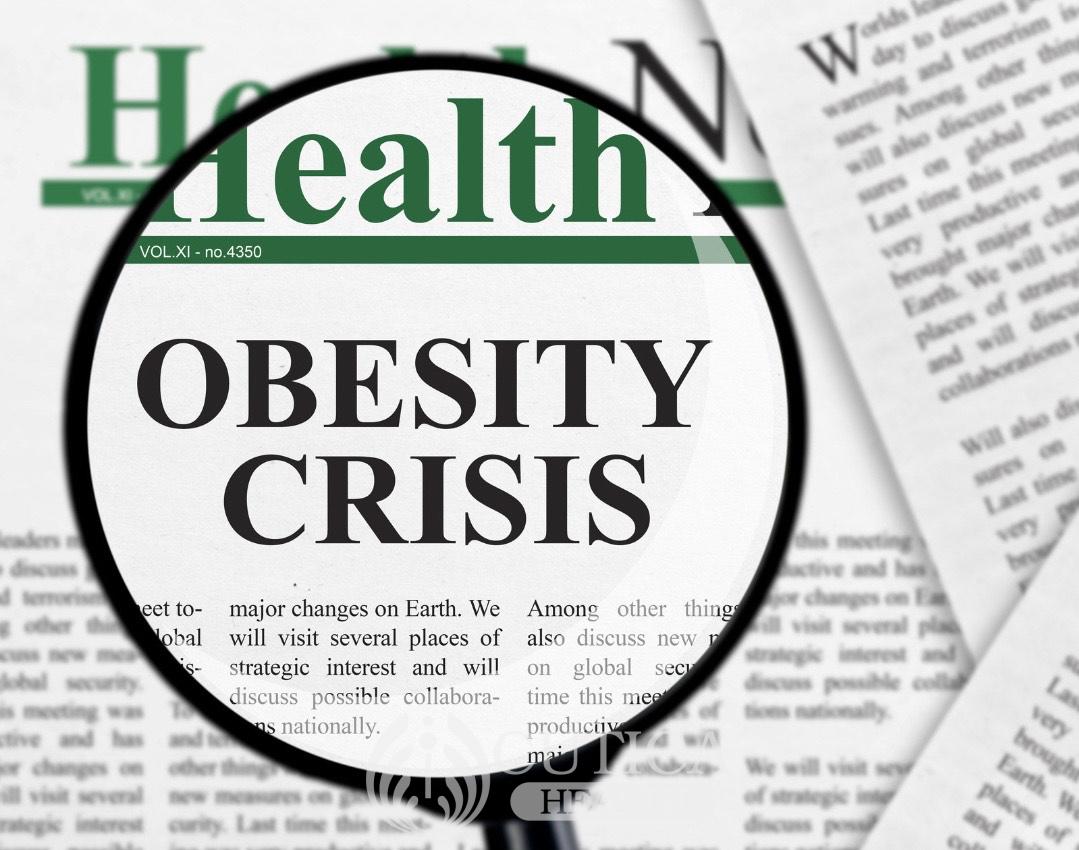
Mrs. Jones, I’m terribly distraught, I just got word that Mr. Phillip died earlier today; he was said to have died of a heart attack. So sad;; I’m scared too. What exactly is this heart attack that is killing people?
A heart attack occurs when a part of the heart muscle dies from a sudden loss of its blood supply. This usually occurs when the arteries supplying that part of the heart are obstructed by fat plaques and blood clots. A heart attack is one of the leading causes of death globally, being the end result of many common diseases, including hypertension and diabetes.

Heart attack is a life-threatening condition, which, if not detected early, could lead to death within minutes. Therefore, you should know the signs and symptoms of this disease, and how to seek help.
How do you know someone is having a heart attack?
Symptoms of a Heart Attack
During a heart attack, an individual experiences these classic symptoms:
- Tightness, heaviness, or a squeezing pain in the chest that radiates to the neck, jaw, arm, or back.
- Shortness of breath
- Excessive sweat
- A feeling of impending doom
When you notice someone having these symptoms, call your local emergency service number immediately.
Other symptoms and signs that may occur during a heart attack include:
- Nausea
- Vomiting
- Dizziness
- Restlessness
- Faintness.
If a heart attack is not treated timely, it may result in several complications including irregular heartbeat, severe low blood pressure, and rupture of the heart muscle, all of which may cause death within minutes.

What Causes a Heart Attack?
Primarily, a heart attack occurs when fat plaques and blood clots obstruct blood flow to a segment of the heart muscle, and there are certain factors that put you at risk of this. These include:
Tobacco smoking: damages the walls of the blood vessels in the body, making it easy for fat plaques to deposit and block the vessel.
Heavy alcohol consumption; heavy alcohol consumption damages the walls of the heart and blood vessels and also impairs the heart’s ability to pump blood.
Sedentary lifestyle; physical inactivity impairs blood circulation and promotes the formation of clots in the blood, which could break off to block blood outflow from the heart. Physical inactivity also promotes other conditions, including diabetes and high blood pressure, which also increase the risk of a heart attack.
High blood pressure; hypertension damages blood vessels and causes poor blood circulation, which increases your risk of a heart attack
Poorly controlled diabetes; diabetes also damages blood vessels and promotes deposition of blood clots.
High blood cholesterol levels; bad fat deposits and accumulates in the walls of blood vessels, especially the ones in the heart, blocking blood flow and causing a heart attack.
Treatment of a Heart Attack
A heart attack is a medical emergency and the quicker someone is treated, the better their chances of survival.
Doctors treat a heart attack by administering oxygen, blood pressure-lowering medicines, clot-melting medicines, and cholesterol-lowering drugs. If you present to the hospital in time, your doctor may perform a procedure called percutaneous coronary intervention to repair the blocked blood vessel. This immediately improves blood flow and salvages a large chunk of your heart tissue.
However, you do not need to wait until you have a heart attack to seek treatment. If you have any of the risk factors mentioned, ensure to seek medical help in time and change your lifestyle and diet to limit your risk of a heart attack.
Can I Prevent a Heart Attack?
Yes, a heart attack is preventable. This involves lifestyle and dietary measures such as:

- High intake of fruits and vegetables
- Moderate alcohol intake
- Increased physical activity
- Regular exercise
- Maintaining a healthy body weight
- Stress reduction
- Good blood pressure and blood sugar control.












